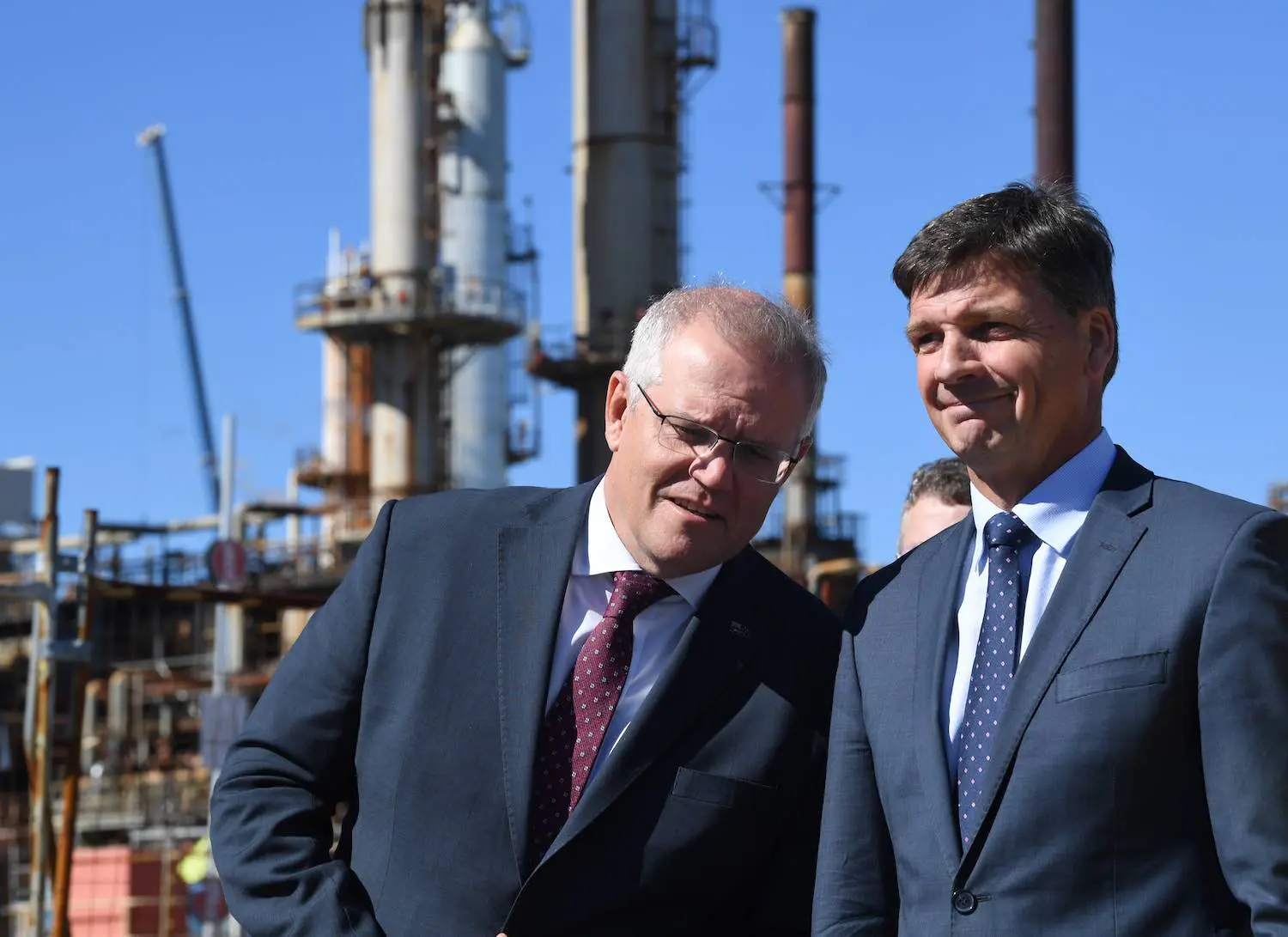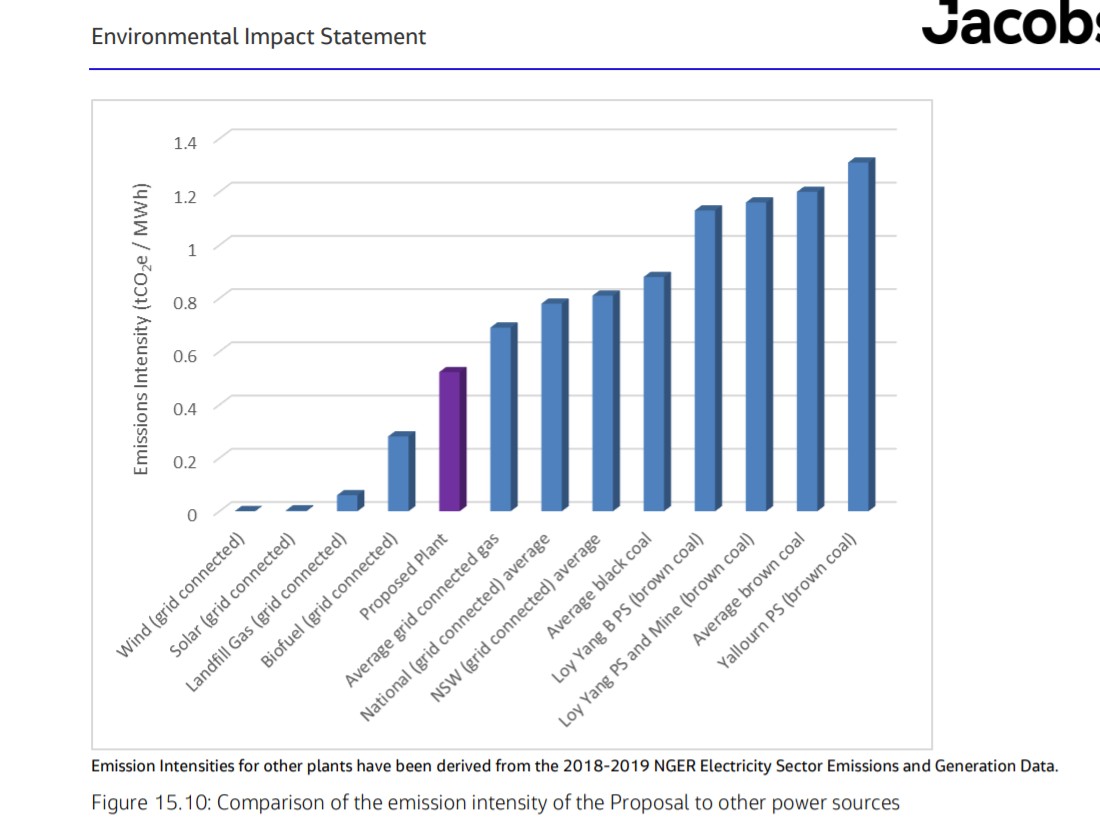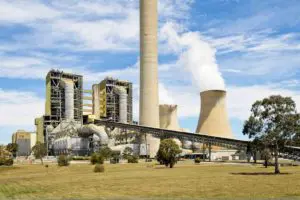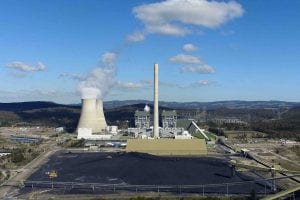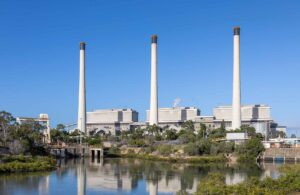There’s one statistic that was included in the International Energy Agency (IEA) net zero report earlier this week that stands out above every single one. The thing about no longer investing in any new fossil fuel infrastructure was big, but to me, advanced the call for OECD countries to completely shut down their coal-fired power stations by the year 2030 to align with net zero by 2050 is the really, really big one.
As Ember Climate showed in their webinar, it is the rapid shut-down of coal that brings us the vast majority of emissions reductions in the next ten years, alongside a massive build-out of wind and solar, and the rise of electric vehicle sales to nearly 60% by 2030, and comfortably 100% by 2030 in countries like Australia.
The IEA’s headline finding, that investment in new fossil fuel infrastructure needs to cease for the world to align with a net zero pathway, was neatly connected to the announcement by Scott Morrison and Angus Taylor that they are grabbing taxpayer’s money to fund another large new gas-fired generator in New South Wales.
It’s worth revisiting the genesis of this government-funded fossil plant. It is justified on the grounds that when the large Liddell coal-fired power plant winks out in a couple of years, there will be a capacity gap left in NSW. But the original reaction to Liddell’s looming closure was a ludicrous and failed campaign to get the lifespan of the plant extended well beyond its natural retirement age. Four long years ago, truly an eternity in the energy space, it was already clear that replacing closed coal with renewables, demand response and batteries was the best option. But the campaign to extend it reached ludicrous heights – with the government at one point considering forcing its sale to an owner who’d keep it open as they wished.
What’s clear now is that what was once marketed as a ‘free market’ ideology was mostly rhetorical cover for extremely mundane and ideologically devoid crony capitalism. The goal isn’t to avoid market interventions; it’s to erase any market interventions that don’t explicitly enrich the fossil fuel industry.
One common justification for the power station plan has been that rarely-used gas peakers can enable a more rapid shut-down of coal power, and the integration of higher volumes of renewable energy. But that assumes a world in which coal power plants are allowed to shut down rapidly. In Australia, the government, the fossil fuel industry and the media champions of both are certain to engage in aggressive to campaigns to block any potential closures of coal well prior to retirement dates, in addition to fighting to extend their lifespans. If these efforts are successful – and many will be – it means these gas plants will simply pile their emissions on top of existing coal-fired power stations, failing to enable the addition of any new clean energy.
According to the project’s new Environmental Impact Statement, it will create 292,978 tonnes of CO2-e greenhouse gas emissions in its first year (mostly burning diesel), and 500,299 every year after that. That’s a cool 14,816,116 tonnes of CO2-e over its 30 year lifespan (including construction), which increases NSW’ total emissions by 0.4% per year. That’s a noticeable increase for only around 100 hours of operation per year.
But buried in the guts of the EIS is a simple (inexplicably three dimensional) chart that shows that while the Kurri Kurri plant isn’t as bad as the worst coal plant, it’s comfortably beaten by zero carbon options like wind and solar.
Coal-fired power stations need to be closing far quicker than scheduled, in Australia. The current plan blows past climate targets at a screaming pace. And those closures need to be replaced with zero carbon options, not more fossil fuels. That Scott Morrison threatened and actually followed through on a threat to punish market players for not achieving a standard that was impossible to meet is, very neatly, a self-sustaining forever justification for whatever fossil-fuelled infrastructure the government personally feels like using public money to build.

